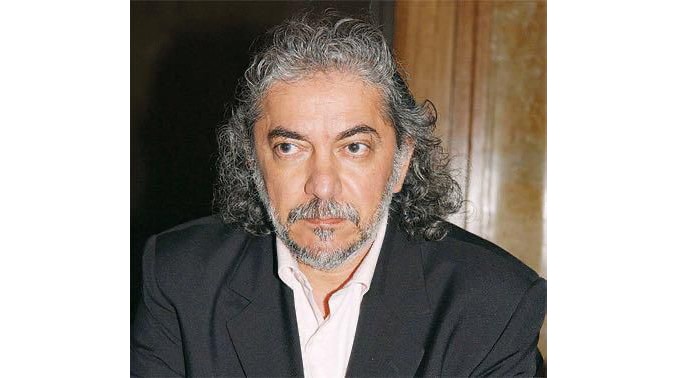By Faten Omar
KUWAIT: Researchers have found that people with major depressive disorders and a history of suicide attempts respond more to antidepressant treatment. According to a recent study by Mayo Clinic in Rochester, Minnesota, the new findings are the key to individualized treatment strategies and early identification of patients at risk of suicide.
Psychological and social consultant Hassan Al-Mosawi told Kuwait Times the treatment response depends on the case that is being treated. "Treatments are different depending on their lifestyle and the psychological sessions they need. As for those who have made repeated suicide attempts, it is difficult for them to respond positively to drug treatments only because the idea of suicide is still there, along with the idea that their existence in life is a waste of time," he said.
"Without changing the circumstances and their thinking, they will return to suicidal thoughts. It is important to combine drug therapy with cognitive-behavioral therapy to change their view of themselves and give value to their life, thus changing behavior and intellectual pattern and changing their low view of themselves," he noted.
Mosawi revealed that a patient died recently due to his endless suicidal thoughts. "A week before New Year's Eve, there was a person with suicidal thoughts. The first time he tried to cut an artery or vein near his wrist to bleed to death, but he did not succeed. The second time he deliberately caused a car accident, but again did not die. On the third attempt, he traveled to an Asian country, and overdosed and died," he said.
"Those who lack self-esteem and have no psychological value will try again and again. Those who only take drug treatment should take into account the medical protocol from the doctor's review to take the appropriate doses or change the medication in case of different psychological conditions. If the treatment is not adhered to, it will have no effect," Mosawi explained.
"The only successful method is combined therapy. Medication and psychological treatment are important, especially in severe cases. They go hand in hand," he said, pointing out that among the symptoms of severe cases are repetition of suicide attempts, emergence of new behaviors such as isolation, nervousness and recklessness, and addiction to alcohol or drugs.
According to the World Health Organization, approximately 700,000 people worldwide die by suicide yearly, with 10 to 20 times the reported number of failed suicide attempts. Having a previous suicide attempt is the most significant risk factor for suicide in the general population.











